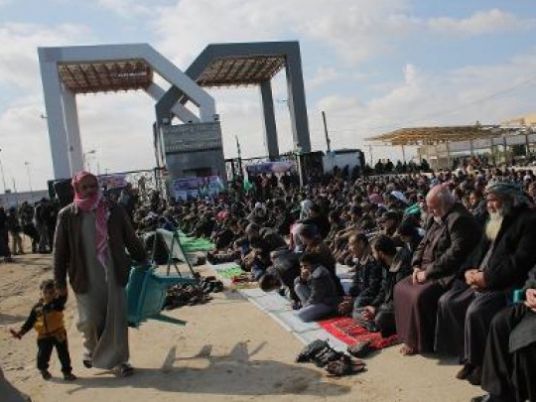A joint committee formed by the European Union (EU) and the World Health Organization (WHO) will begin a field tour of Egypt on Sunday to verify claims that Egyptian seeds were the source of the deadly E. coli infection that spread through Europe in May.
The committee is expected to issue a final report on the safety of Egyptian seed exports to Europe before deciding whether to recommend a new ban on 15 Egyptian crops.
The outbreak of the E. coli infection was first blamed on Spanish crops, but later reports suspected Egyptian seeds. The virus claimed the lives of scores of Europeans.
In July, the EU decided to halt imports of Egyptian crops after a report by the European Food Safety Authority (EFSA) pointed to Egyptian fenugreek as the pathogen.
The head of Egypt's Central Administration for Agricultural Quarantine, Ali Suleiman, told Al-Masry Al-Youm that the committee will embark on a five-day tour at Fayoum, Minya and Beni Suef governorates.
He added that the committee will discuss the procedures followed by the Egyptian government and private sector companies during the production and export of seeds, especially fenugreek.
Suleiman added that the committee will also inspect farmland where seeds are cultivated.
The panel will first list its remarks, after which the Egyptian side will give its responses, before releasing the final report, which the committee will complete 15 days after returning to Europe.
Depending on the final report, the EU will decide on whether to cancel or continue the ban on Egyptian crop exports.
Translated from the Arabic Edition




